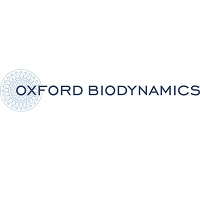Oxford BioDynamics’ EpiSwitchTM platform is the first industrial platform for the discovery, evaluation, validation and monitoring of a novel class of epigenetic biomarkers known as ‘chromosome conformation signatures’ (“CCSs”). CCSs provide a robust, stable framework of regulatory genome architecture from which changes in the regulation of a genome can be analyzed, long before the results of these epigenetic changes manifest themselves as obvious abnormalities.
Molecular biology offers several methods to detect long range chromosomal conformations. The underlying principle allows for the capture of distant genomic juxtapositions by first stabilizing distant sites within intact cell nuclei, then isolating them and converting them into an artificial template with distant fragments of genome ligated to each other in one DNA product and thereafter detecting the new products as evidence of long range interactions. Early research protocols called chromosome conformation capture (3C) were developed in 2002. These were followed over the years by several other variants aimed at assessing different scopes and levels of chromosome conformations. These protocols are used widely in academic settings today. Although all are very useful in providing insights and evidence for specific interactions, they remain time and labour consuming, often with low resolution and frequent variability in readouts.
Oxford Biodynamics PLC (LON:OBD) was spun out from Oxford University in June 2007 with the aim of translating fundamental scientific advances into a commercialised platform technology and a new generation of biomarkers for cancer, ALS and other diseases.

